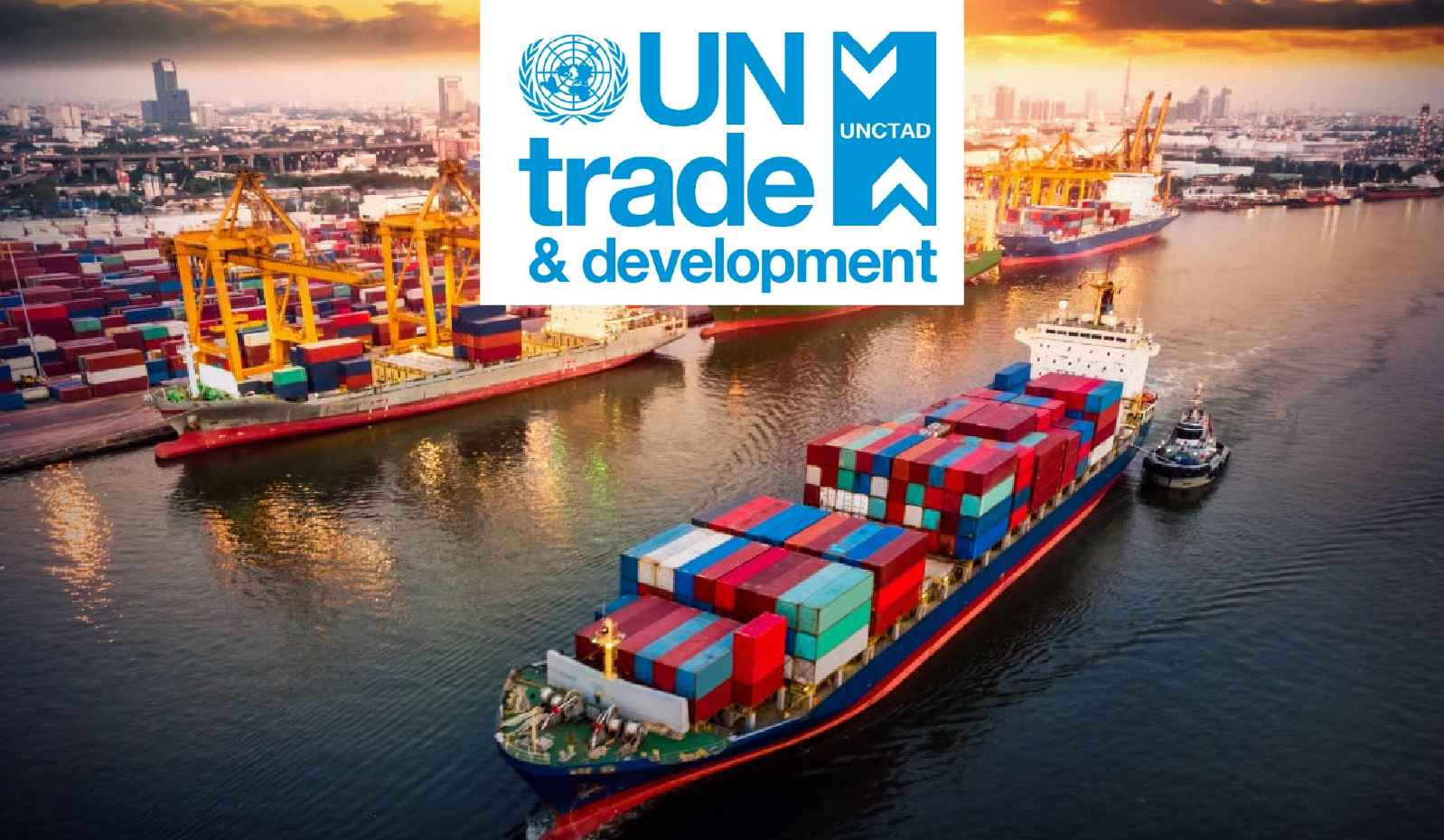The inaugural edition of the UN-GSCF was hosted by UN Trade and Development (formerly UNCTAD) and Government of Barbados to address escalating disruptions in global supply chains.
- Supply chain resilience is the ability of a supply chain network to withstand disruption and minimize the effects of upheaval on revenues, costs and customers.
Issues affecting supply chains
- Climate change: Climate-induced droughts affected trade flow in the Panama Canal.
- Geopolitical tensions: Escalating attacks on ships in the Red Sea by Houthis and disruptions in the Black Sea caused by the war in Ukraine.
- Interdependencies and disruptions: Vulnerability to various types of disruptions, such as natural disasters, pandemics, etc.
- Complex supply chains create interdependencies, where a disruption at one point can ripple through the entire network, as was witnessed during COVID-19 pandemic.
Key outcomes of the UN-GSCF
- Launched Manifesto for intermodal, low-carbon, efficient, and resilient freight transport and logistics: Emphasizes the urgent need for transforming freight transport to meet global climate targets and enhance socio-economic resilience.
- Digital solutions for resilience: Presented guidelines for developing an electronic single window for trade.
- Launched UNCTAD Trade-and-Transport Dataset: Developed with the World Bank, for contribute to better understanding and optimizing global trade flows.
Initiatives taken to boost Supply Chain Resilience in IndiaGlobal
Domestic
|




